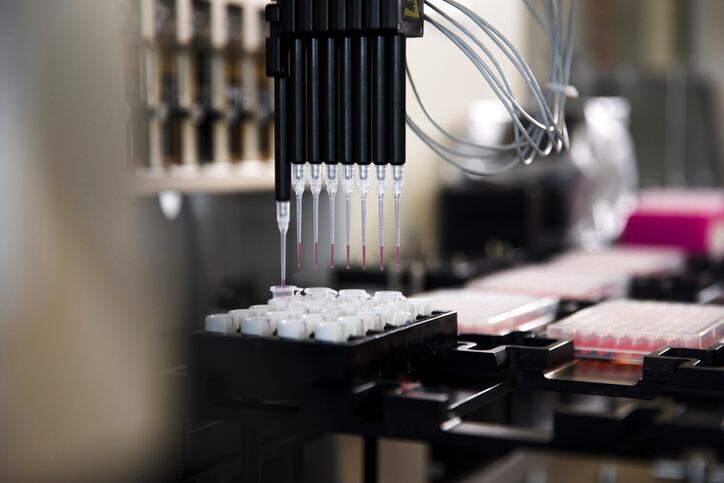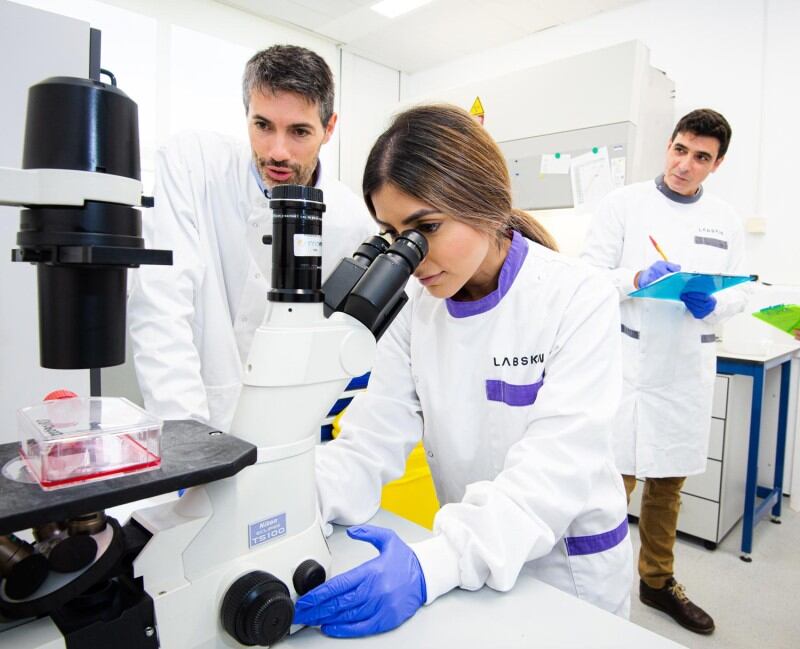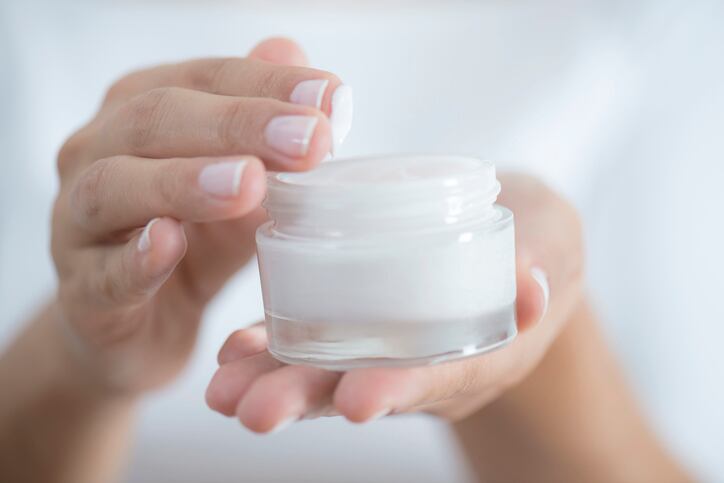Maturation of digital technologies had started to unlock new opportunities for “transformative personalisation in mainstream beauty”, according to UK science and engineering specialist Sagentia Innovation, part of Europe’s largest technology cluster Cambridge. More specifically, advances in genomics, microbiome analysis and biomarker sensing were creating significant promise for industry, it said.
A ‘holistic approach to wellness’
Camilo Cardenas, principal consultant for the consumer sector at Sagentia Innovation, said opportunities in consumer wellness were especially prominent, as was promise in skin care.
“The biggest shift in consumer behaviour we are currently seeing is that beauty equates to wellness,” Cardenas told CosmeticsDesign-Europe.
“It’s not just about makeup and beauty treatments anymore, but a holistic approach to wellness which incorporates beauty, personal care and nutrition. Genomics, microbiome analysis and biomarker sensing all help to develop this correlation,” he said.
“…We have seen the pace of development increasing in recent years, and access to these technologies has improved considerably. As understanding grows, we are likely to see more disruption in several areas, such as consumer wellness.”
Nutrigenomics, for example, was “developing rapidly” off the back of advances made in using genomics for cancer diagnosis and treatment, he said, and the new area of interest was to integrate genes, nutrition and health.
Skin care was another category set to benefit from advances in these technologies, Cardenas said, adding fresh angles to the understanding of how environmental factors, such as hormones, physical health and internal organs, impacted skin health.
Beyond this, mental health had also “evolved as a subject of interest” when considering application of these technologies, he said. “The latter encompasses areas such as sleep and stress which integrates aspects of both consumer health and wellness.”
Opportunities and challenges – data, regulations and value
Moving forward, the biggest opportunity for beauty companies interested in using these technologies, Cardenas said, was “learning to capitalise on the increasing wealth of data available”. Why? Because this data, he said, could ultimately inform new product development that satisfied increasingly personalised consumer needs.
However, applying such technologies to wider product development projects would not without its challenges, he said.
“As knowledge in this area evolves, companies need to align innovation with regulatory aspects of a product. For instance, medicated skin care products may have additional regulatory complexity and therefore it is fundamental to first determine which microbiome-related skin issues can actually be addressed through mainstream consumer products and technologies.”
Companies had to understand how technology overlapped the value proposition they were seeking to develop, he said. “At a granular level, it is about choosing technologies that increase the reach, improve the message, and drive responsible usage of a product. For example, a range of at-home ‘skin scanning’ technologies may be appropriate for beauty cosmetics, but less so for medical skin conditions.”
It would also be important companies avoided a ‘one size fits all’ approach when integrating these technologies to product development plans, Cardenas said, particularly as no single technology could provide “lasting differentiation”. Turning instead to a ‘playbook’ of technologies, he said, was therefore more appropriate in the longer-term.
A ‘new age of transformative personalisation’
Phil Mackie, managing partner of the consumer division at Sagentia Innovation, said that for those companies who got this balance and understanding right, the results could be significant.
“Personalisation has been a hot topic in beauty for years but providing a meaningful experience at the right price point is a challenge. This is set to change as digital technologies enable companies to offer mainstream products with more sophisticated personalisation options. It’s about findings ways to connect genomic and microbiome data with more dynamic information about the individual. Companies that start experimenting with novel ideas now will be at the forefront of this new age of transformative personalisation,” Mackie said.




